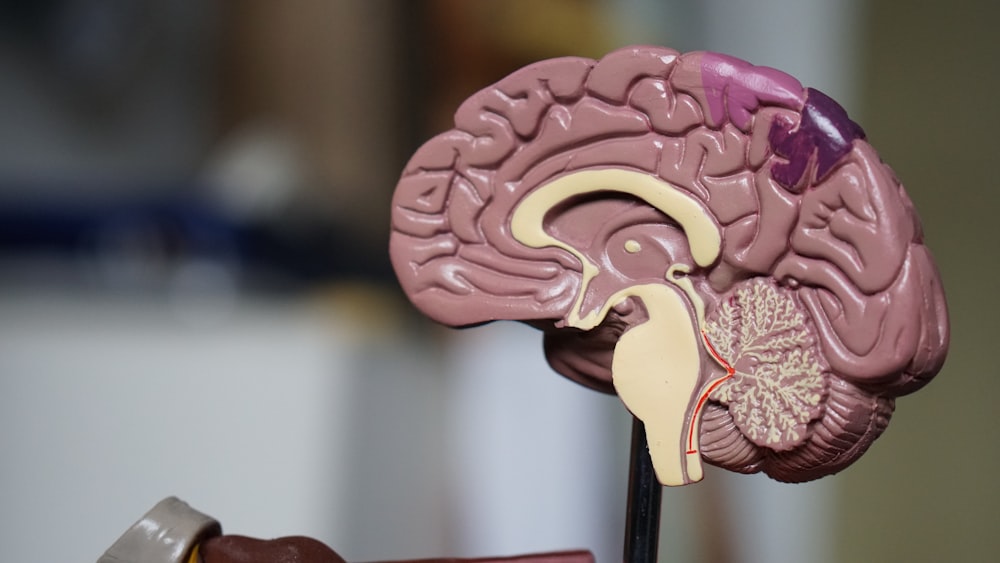Alzheimer’s disease is a slow-evolving neurodegenerative disease, characterized by a progressive loss of mental functions, particularly memory, that affects more than a hundred million people around the globe nowadays. On the occasion of World Alzheimer’s Day, held on the 21st of September, let’s look at some of the most persistent myths that still surround this illness to this day.

Alzheimer’s disease only affects the elderly.
While most sufferers are people over 65 years old, Alzheimer’s disease can also occur earlier. This is called early-onset Alzheimer’s disease, which can affect people aged 50 or younger who are still professionally active. This early form represents only 3% of patients. In addition to the first classic symptoms of Alzheimer’s (memory loss, language impairment…), this younger population affected by the disease can also exhibit behavioral changes (lack of motivation, depression…)
It is impossible to prevent this disease.
According to the latest research, Alzheimer’s disease stems from a combination of factors, the first of which is age. The older we get, the greater the probability of being affected by the disease. For instance, the risk of Alzheimer’s in 65-year-olds is around 5%, which shoots up to 15% in 80-year-olds. Genetic predisposition may also play a role, although 99% of cases are not hereditary.
Although we have little control over the passage of time and our genetic heritage, we can influence certain environmental factors that can limit the onset of the disease. Among them, we find high blood pressure, smoking, chronic stress, obesity and diabetes at the top of the list… Conversely, certain behaviors are likely to protect us from Alzheimer’s disease, particularly adhering to a healthy lifestyle: regular physical activity, balanced diet, rich social relationships, intellectual stimulation, etc…
Memory lapses? It is necessary to worry!
You may have forgotten where you parked your car, not remember the name of the person you just met, have a word “on the tip of your tongue,” etc…
After a certain age, we can be alarmed by small everyday memory lapses. Rest assured, there is nothing abnormal about this. In the majority of cases, these are benign problems.
However, there are other signs that you should be aware of: if you get lost in familiar places if you regularly repeat the same questions, if you forget how to carry out certain daily tasks… In this case, it is recommended that you consult your general practitioner in order to establish an initial diagnosis.

Can Alzheimer’s disease be cured?
Unfortunately, there is no cure for Alzheimer’s disease at the moment. Alzheimer’s disease is not fatal in itself, but it can lead to complications and other chronic diseases. The life expectancy of patients is therefore reduced despite better treatment in recent years.
Although drug treatments have not yet proved their worth, alternative treatments can nevertheless improve patients’ quality of life. Speech therapy, occupational therapy and physical therapy help stimulate cognitive functions (memory maintenance, etc.) and delay the effects of dependence (home adjustments, psychomotor therapy, etc.). On the other hand, people suffering from Alzheimer’s disease benefit from financial aid, which allows them to benefit from 100% coverage by Social Security in almost every country.
World Alzheimer’s Day
September 21, 2020, marks World Alzheimer’s Day. On this occasion, many events and calls for donations are organized throughout France and the world. The disease is a real public health issue, with the number of people suffering from Alzheimer’s disease is expected to increase in the coming years. Today, it is the leading cause of dependency among the elderly. We have to learn how to deal with a close one having Alzheimer’s. Let us know in the comments what do you think about Alzheimer’s…








[…] in 6 people above 80. The most infamous form of dementia that most of us relate to the elderly is Alzheimer’s disease. Some symptoms of dementia […]